Two more meetings occurred this week for the Standing Committee on the Status of Women’s study on VAW shelters and transition houses with several witnesses, listed at the end of this blog.
Women’s Shelters Canada continues to be disappointed that the majority of witnesses so far have not been able to speak specifically to the system of shelters/transition houses for women fleeing violence.
Monday’s meeting again demonstrated the lack of understanding and clarity around the focus of the Committee’s study. The mandate of the study uses the phrase “shelters and transition houses serving women and children affected by violence against women and intimate partner violence.” Both “shelters” and “transition houses” are used because these facilities are called different things in different provinces. For example, in Manitoba and Alberta, a “transition house” is for homeless men and/or women, some of whom may be fleeing violence, while a women’s shelter is specifically for women and their children fleeing violence. In British Columbia and Nova Scotia, transition houses are for women and children fleeing violence, while shelters refer to homeless shelters.
However, this wording seems to have created a great deal of confusion. Many members of the committee seem to take it to include all forms of potential “bricks and mortar” solutions for people experiencing homelessness, whether that be because they are fleeing violence or not. This is why the Committee has heard from a number of mortgage brokers, realtor companies, and organizations focusing on homelessness rather than organizations focusing on violence against women (VAW) and women’s equality. Homeless shelters are important, and they do serve some women fleeing violence. Women fleeting violence are also, by definition, homeless. However, by diluting the actual focus of this study, WSC worries about the presence, or lack thereof, of concrete, relevant recommendations and actions for the VAW shelter sector.
During Monday’s meeting, the two independent witnesses from the mortgage and realty sectors spoke about the challenges women face when trying to get mortgages, and the empowerment women can feel when they can pay their own way through life. Megan Walker of the London Abused Women’s Centre challenged this notion, saying, “I can tell you that of the 6,000 women we served last year, there would not be one woman who could afford a house around the $500,000 range. In fact, the majority of the women we serve are struggling to pay $1300 per month in rent when they have children to support and everything else. I think just a moment of reality and reflection is important.” Jayce Beaudin-Carver of Windsor-Essex Transgender and Allied Support also brought the conversation back to the reality facing the people she sees: “A place to sleep tonight is a dream, let alone a house any time in the near future.”
We have seen over and over how members of the Committee position the availability of affordable housing as a way to prevent and/or address the epidemic of violence against women. But as Megan said, “Frankly, I don’t want to talk about real estate and $500,000 homes. I want to invest money in education so that every kid across this country is learning the same thing at the same time when they’re five years old, and that’s about trafficking and intimate partner violence and everything else.” These sentiments were echoed during Wednesday’s meeting with Travis DeCoste of Antigonish Community Transit saying, “It’s very unfortunate, but being a young person now within the country, home ownership is not a reality that I look to currently, nor is it a reality that local women experiencing domestic violence do.”
Wednesday’s meeting saw witnesses from Quebec, Ontario, and British Columbia who were much more in sync with each other, all speaking to the issue of women fleeing violence. John Gerrard from Habitat for Humanity in Halton-Mississauga spoke about the importance of not making organizations do everything, but to let the specialists in construction focus on construction and the specialists in programming to focus on providing services, not vice versa. As we’ve seen, the focus of these meetings has often been on bricks and mortar housing rather than the essential programming shelters provide women and children fleeing violence. Melpa Kamateros of The Shield of Athena, further stressed the importance of programming for women who do not speak English and French. She explained that, for these women, they do not have equal access to services as women who speak one of Canada’s official languages.
This idea of comparable services available to all women no matter where they live in Canada is something WSC has continuously advocated for, and it was also mentioned by two witnesses during Wednesday’s meeting. One of Melpa’s recommendations was that a “Pan Canadian policy on housing and conjugal violence can be created that is the same from province to province that includes the funding of services and that addresses the issue of violence against women from a global perspective and not from a perspective that involves only housing.” Later on, Louise Riendeau from the Regroupement des maisons pour femmes victimes de violence conjugale, stated, “The Regroupement recommends that Canada develop a National Action Plan on violence against women and coordinate with the provinces and territories. We recommend that it builds on the Blueprint for a national action plan that has been presented by various organizations and coordinated by Women’s Shelters Canada.”
During both meetings, the idea of sustainable funding from the Government of Canada was stressed. Currently, many of the proposals for funding are focused on exploring new projects. But, as Megan Walker said, “I don’t want to recreate the wheel. We already know what works best….We don’t need any further studies. Frankly, what we need is money. We are increasing public awareness around these significant issues impacting women, and every time we increase awareness, we get more calls. We need to make sure that all women are provided with immediate access to service because all women have a right to live and live their lives free from violence and abuse. We’re failing those women right now if we can’t serve them.” Melpa Kamateros echoed this sentiment on Wednesday, when she said, “My recommendation is that more of these prevention programs actually take place and be funded by the federal government…Wouldn’t it make more sense if projects are funded, and if services are produced that are very good for vulnerable clienteles, that these projects can be repeated?”
Wednesday’s meeting was also one of the few times someone with lived experience spoke. Travis DeCoste of Antigonish Community Transit, who was witnessing in an organizational capacity, spoke of how his mother sought refuge in a shelter in Nova Scotia from his abusive father. He ended his witness statement by saying, “I reiterate the importance of allowing for real lived experience to be a part of the solution, because who knows better on how to improve services provided, than those who have utilized the services themselves.” This is something that WSC strongly supports. We hope that the Committee will take into consideration survivor stories as they do this study, both through the survivors themselves and through front line VAW shelters and transition houses who can bring these stories anonymously.
WSC is also disappointed by the total absence of Indigenous women’s organizations so far. Six of the eight scheduled meetings have taken place, and to date none of the witnesses have been from Indigenous women’s organizations. We hope several of the witnesses next week will be from these organizations, but even then the representation overall will be disappointingly low.
The fifth meeting, on Monday, October 29, took place over a condensed 1.5 hours due to a vote in the House of Commons. The witness statements were from: Megan Walker (Executive Director, London Abused Women’s Centre), Jayce Beaudin-Carver (Executive Director, Windsor-Essex Transgender and Allied Support), Donna Mullen and Marilyn Ruttan (mortgage and realty specialists, appeared as individuals), Grace Costa (General Manager of Eva’s Satellite, Eva’s Initiatives for Homeless Youth), and Alma Arguello (Executive Director) and Tara Setaram (Crisis Counsellor, Human Trafficking) of SAVIS of Halton.
The sixth meeting on Wednesday, October 31 was was broken into two one hour slots, with another interruption for a vote. The first hour saw witness statements from John Gerrard (CEO, Habitat for Humanity Halton-Mississauga), Marie-Ève Surprenant (Coordinator) and Fabienne Héraux (External Services Social Worker, Lina’s Home) of the Table de concertation de Laval en condition feminine, and Melpa Kamateros (Executive Director, The Shield of Athena – Family Services). The second hour consisted of witness statements from Travis DeCoste (Housing Support Worker, A Roof Over Your Head, Antigonish Community Transit), Violet Hayes (Island Crisis Care Society), and Chantal Arseneault (President) and Louise Riendeau (Co-responsible, Political Issues) of the Regroupement des maisons pour femmes victimes de violence conjugale.
Meeting 5: Listen to the audio of the full 1.5 hour meeting here
Meeting 6: Listen to the audio of the full 2 hour meeting here


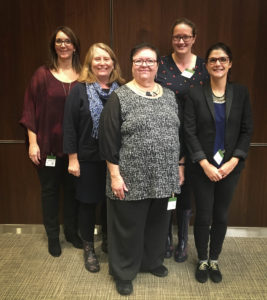
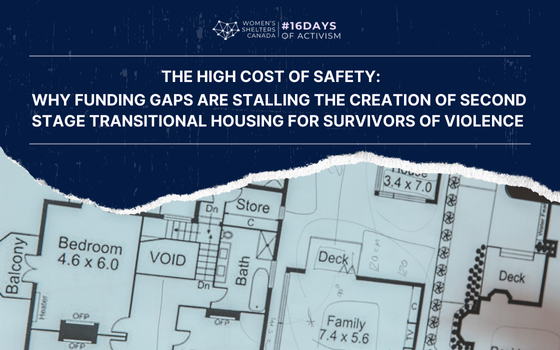
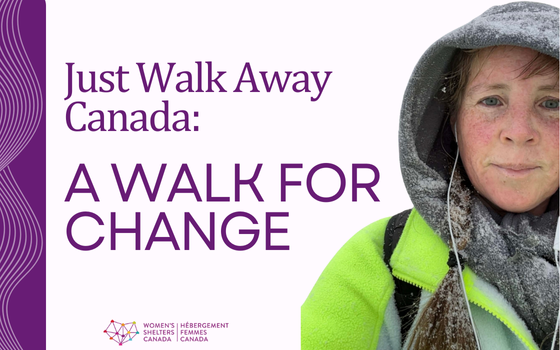
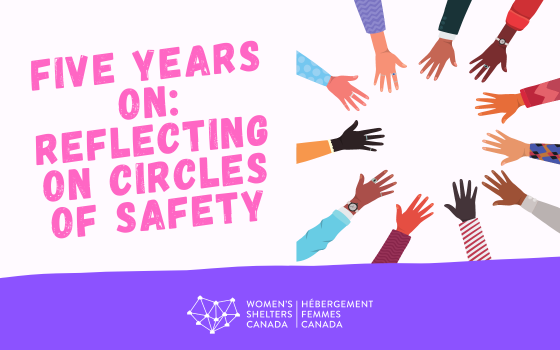
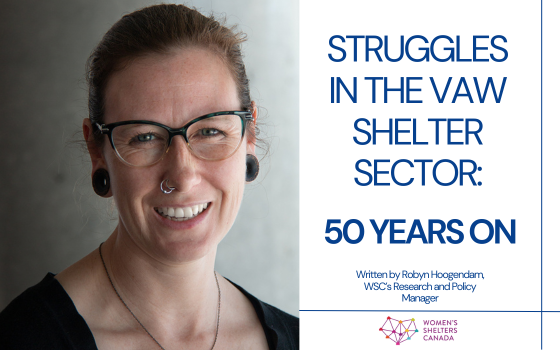
Leave A Comment
You must be logged in to post a comment.